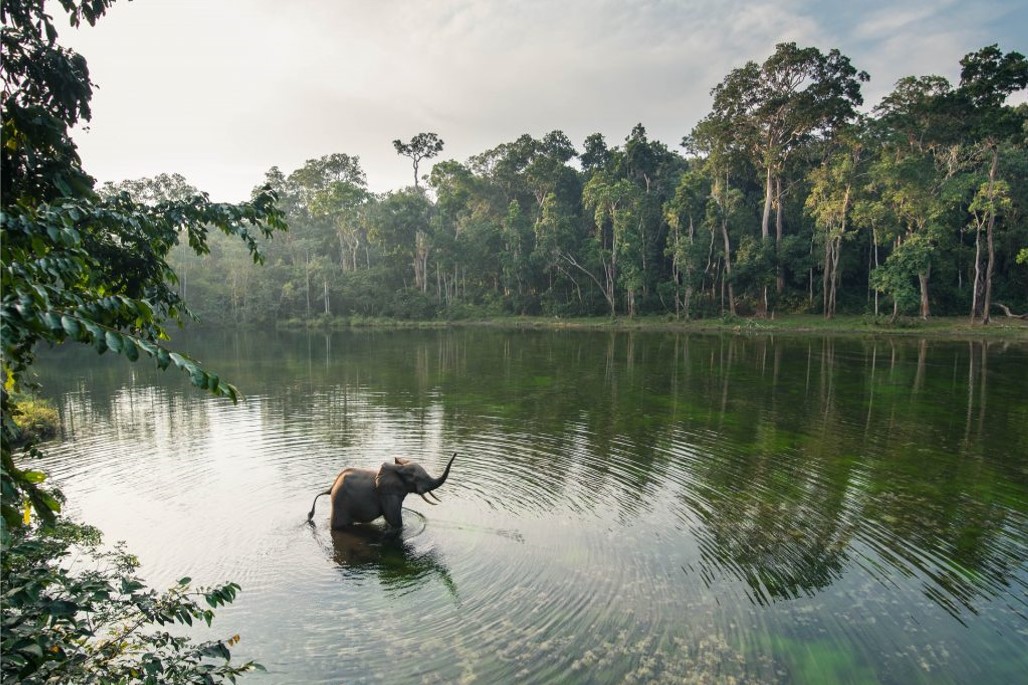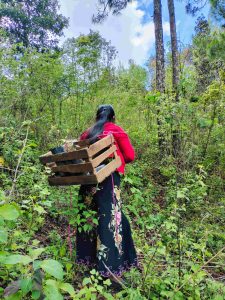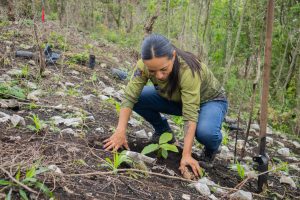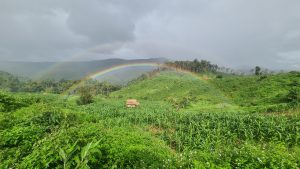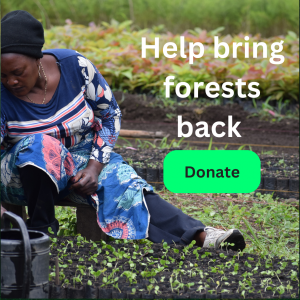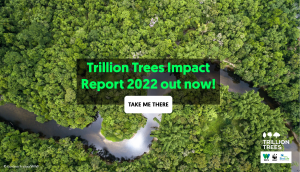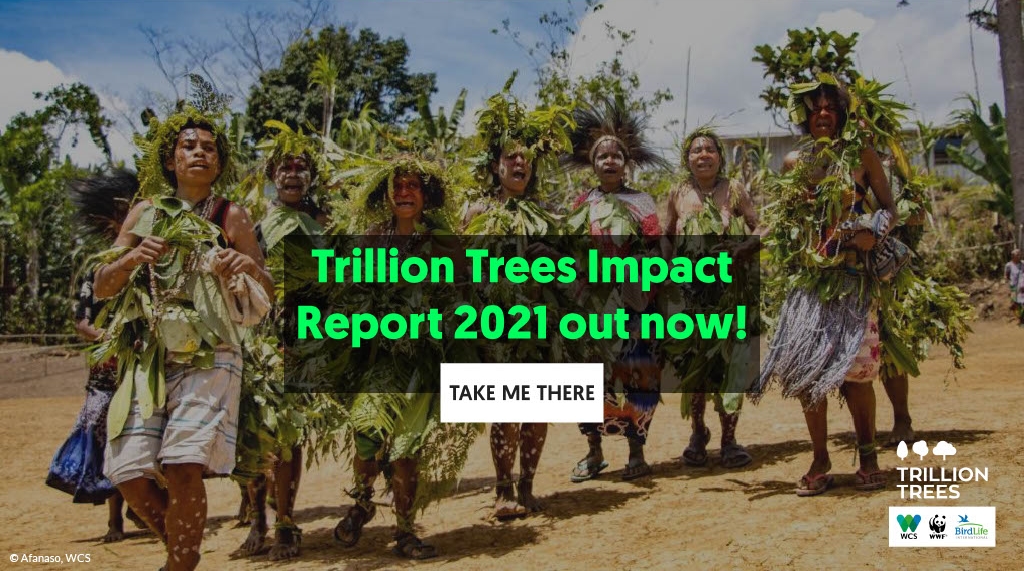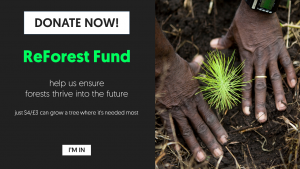Pioneering public-private partnerships for protecting endangered species
Nouabalé-Ndoki National Park includes 420,000 hectares of pristine lowland rainforest in the Congo Basin, which has never been logged. It forms the Congolese section of the Sangha Trinational World Heritage Site and is one of the most intact forests on the planet, having been uninhabited by people for at least a millennium. This extraordinary Park is home to important populations of chimpanzees, African forest elephants, and western lowland gorillas. Trillion Trees partner, The Wildlife Conservation Society (WCS) has been co-managing the park with the Congolese government for nearly 30 years.
While the park itself remains intact, encroachment around the boundaries is becoming a larger problem. Logging around the park has created new roads, increasing access for poachers and commercial hunting. This is increasing the chance and presence of illegal activities within the park, threatening wildlife.
To combat this, WCS has renewed its partnership with Olam International’s subsidiary Congolaise Industrielle des Bois (CIB) and the Ministry of Forest Economy of the Republic of Congo. This agreement first established the Nouabalé-Ndoki National Park Peripheral Ecosystems Management Project in 1999 and has been successful at creating a buffer zone around the park for wildlife protection, community engagement and monitoring illegal activities. The partnership operates across three Forest Management Units, which including the park totals 1.6 million hectares of forest.
The project aims to ensure that people living in and around the park benefit from its protection and have control over sustainable natural resource use. One way they are doing this is by launching a community-led ecotourism project. Because of the park’s unique wildlife and, although remote, areas where wildlife viewing in the dense forest is possible, there has been growing interest in ecotourism and this project will lay the groundwork for capacity to receive more visitors. About 200 local people are also employed by the park, which provides a significant income into the local economy.
Impact Report 2021
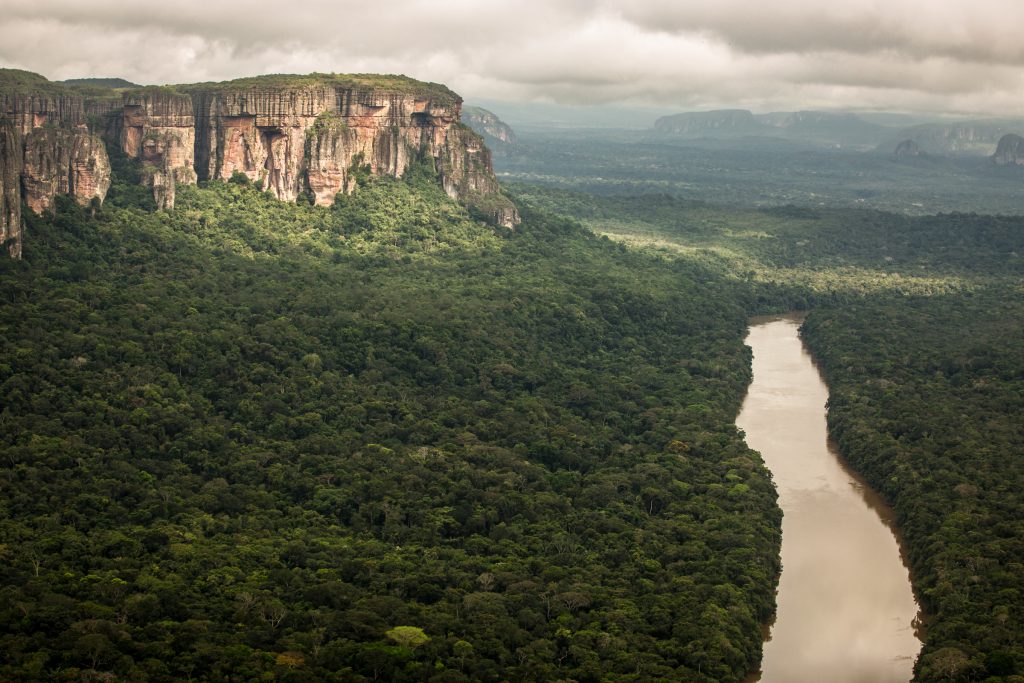
Whilst the world was waking up to the positive power of forests, the Trillion Trees partners, thanks to the generous support of donors, have continued to work tirelessly to protect and restore the world’s forests to deliver benefits for people, nature and climate.
You can read about what we’ve been up to over the past year, and how as a partnership we help turn pledges into action for forests every single day, in our 2021 Impact Report.
How to know if your donation for restoration is worth it
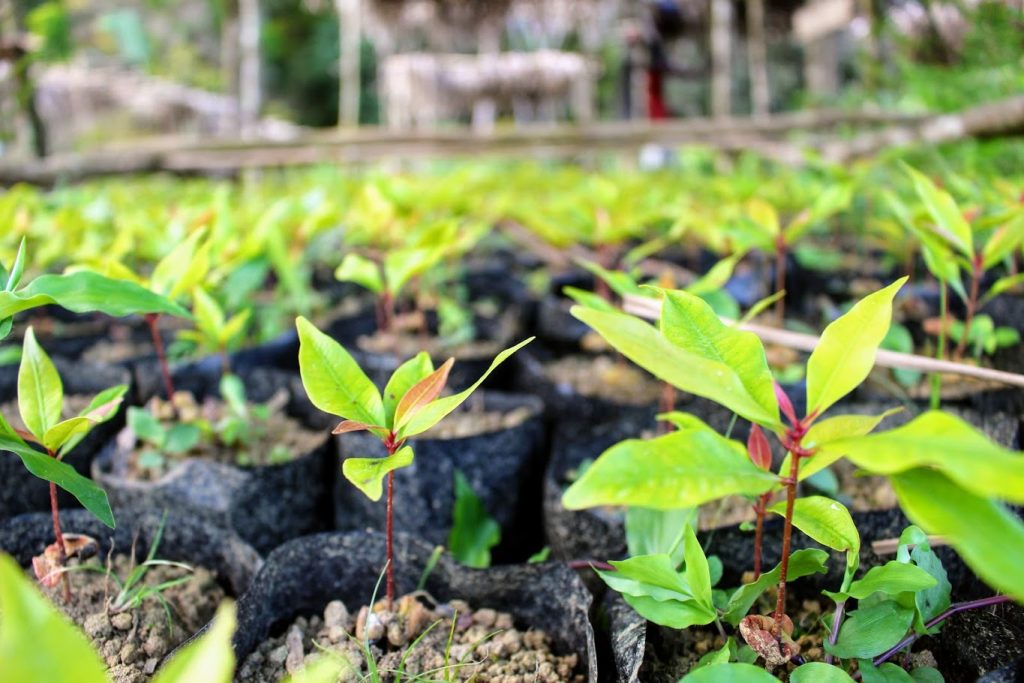
It's not just about trees.
Our interactive tool helps those looking to support forest restoration by asking a series of questions to better understand the potential of any given restoration programme. Questions are specifically about how a programme might deliver progress against the triple challenge the world faces: the urgent need to address the climate crisis, the loss of global biodiversity, and the increasing inequality of opportunities for people around the world.
Celebrating 100 years
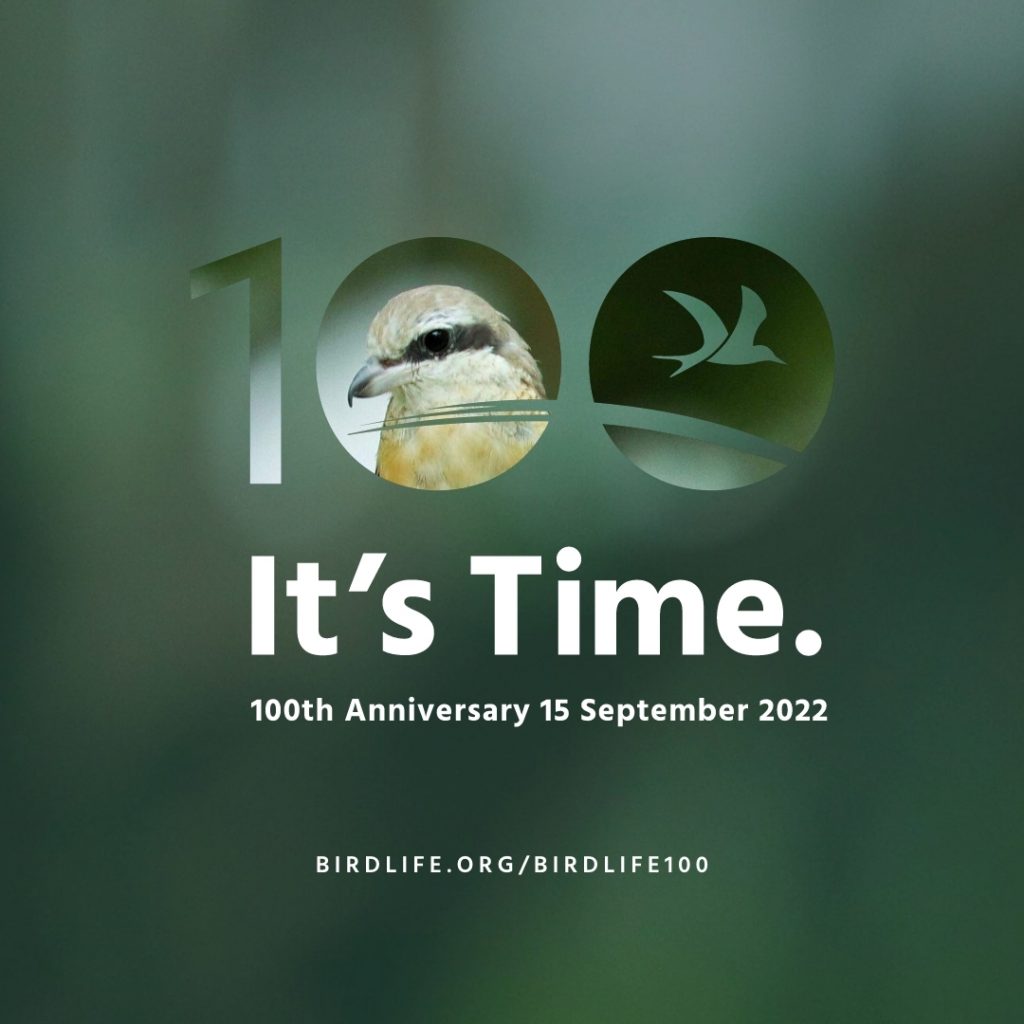
This year, our partner BirdLife International, celebrates its 100th anniversary. A century ago, visionary conservationists concerned about the plight of the world’s birds and the wider environment came together to form an international movement. Today BirdLife International continues its important work, including the protection and restoration of forests around the world as part of the Trillion Trees partnership.
Join the Wild for All Challenge
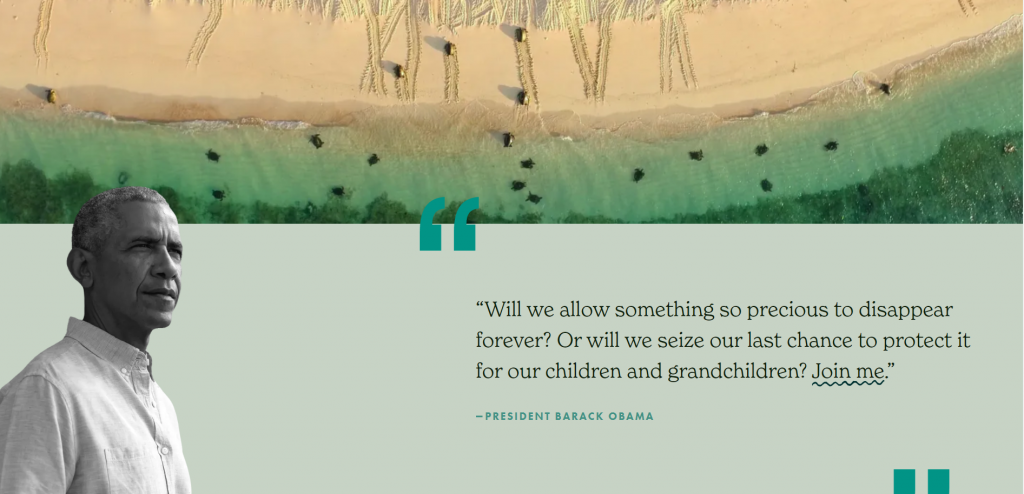
Wild For All is a collaborative initiative with Trillion Trees partner, the Wildlife Conservation Society (WCS) launched in conjunction with the Netflix series 'Our Great National Parks', narrated by former US President Barack Obama. Join the Wild For All Challenge to learn what you can do to conserve nature and compete for prizes.

